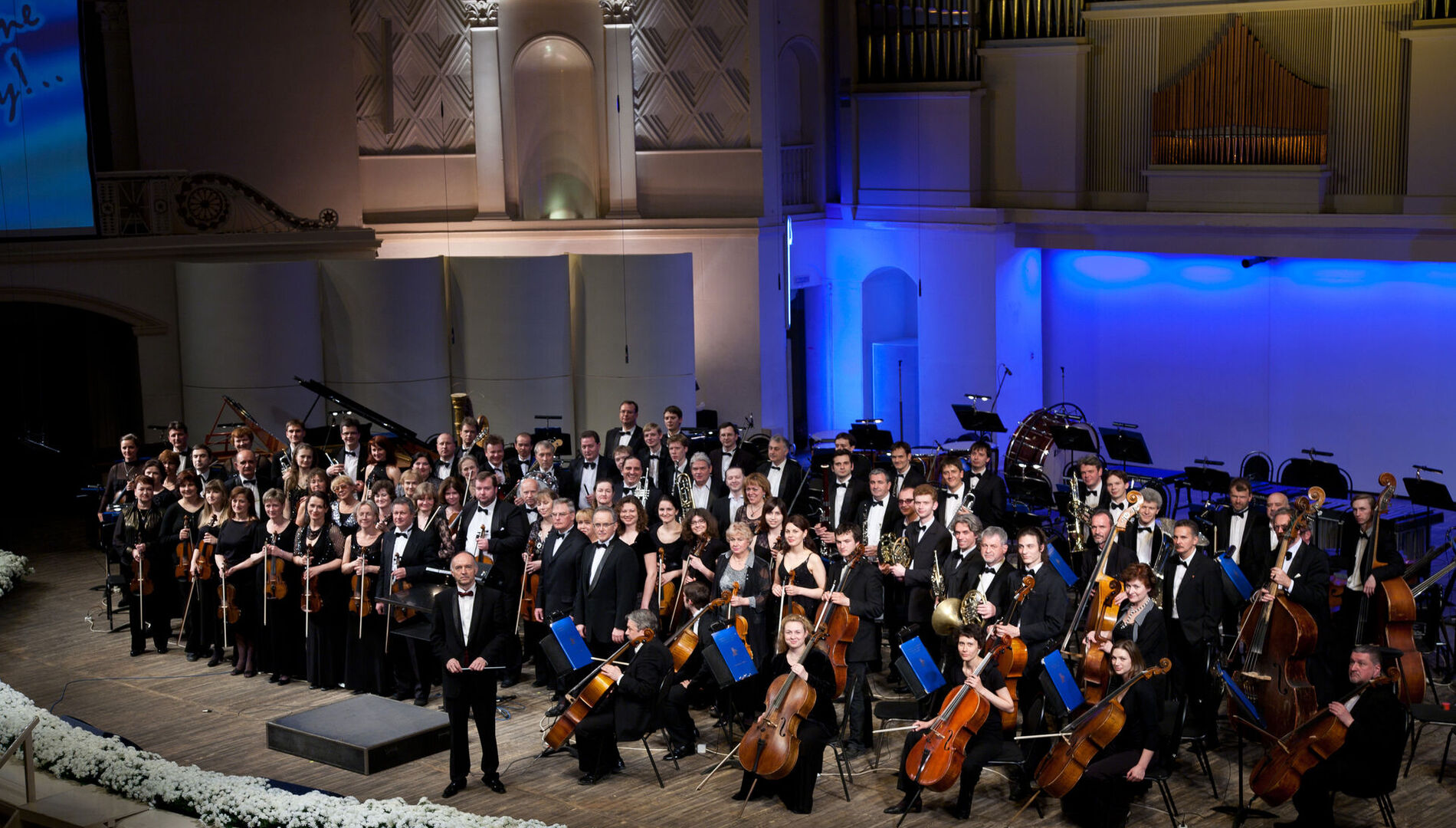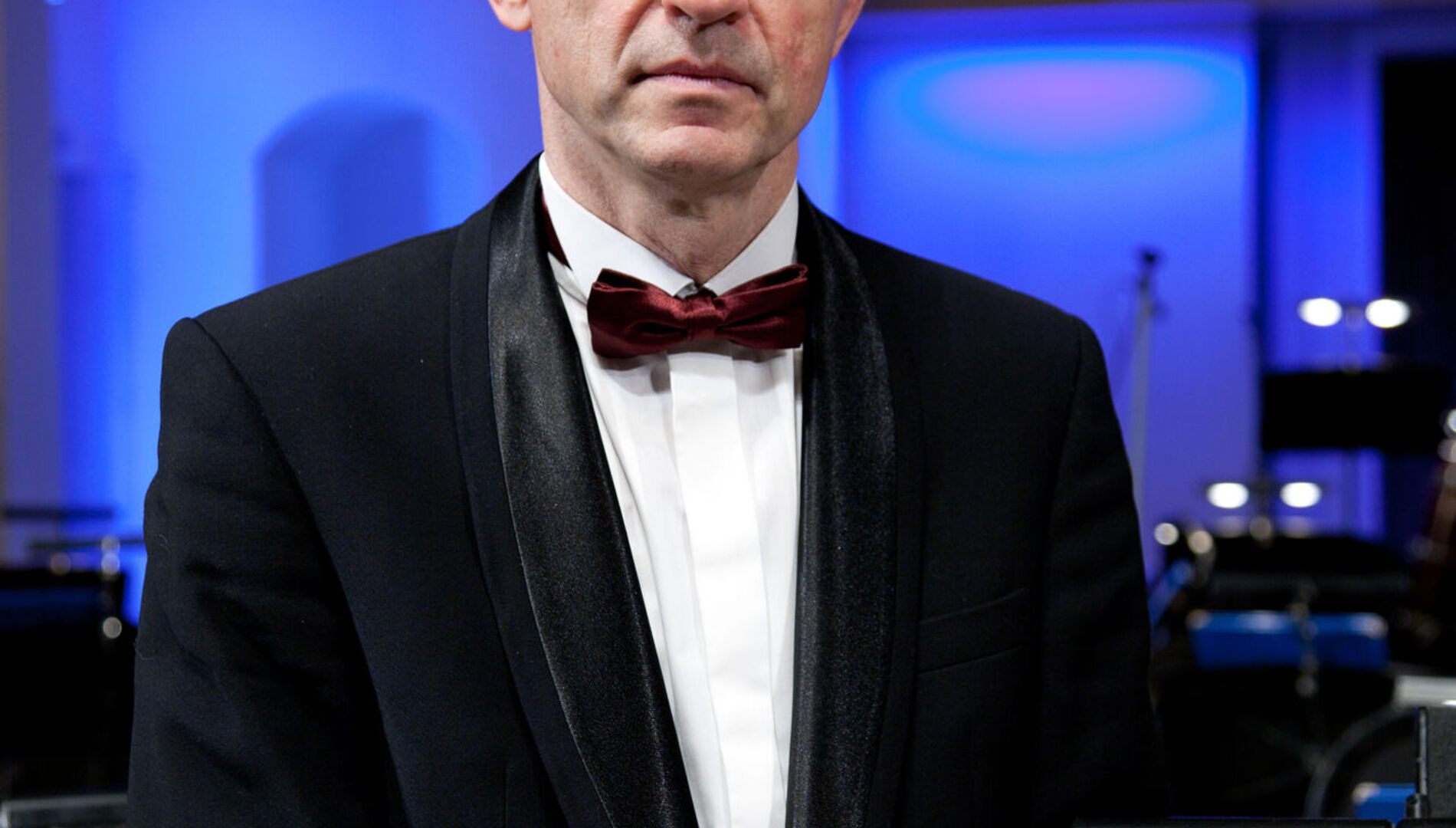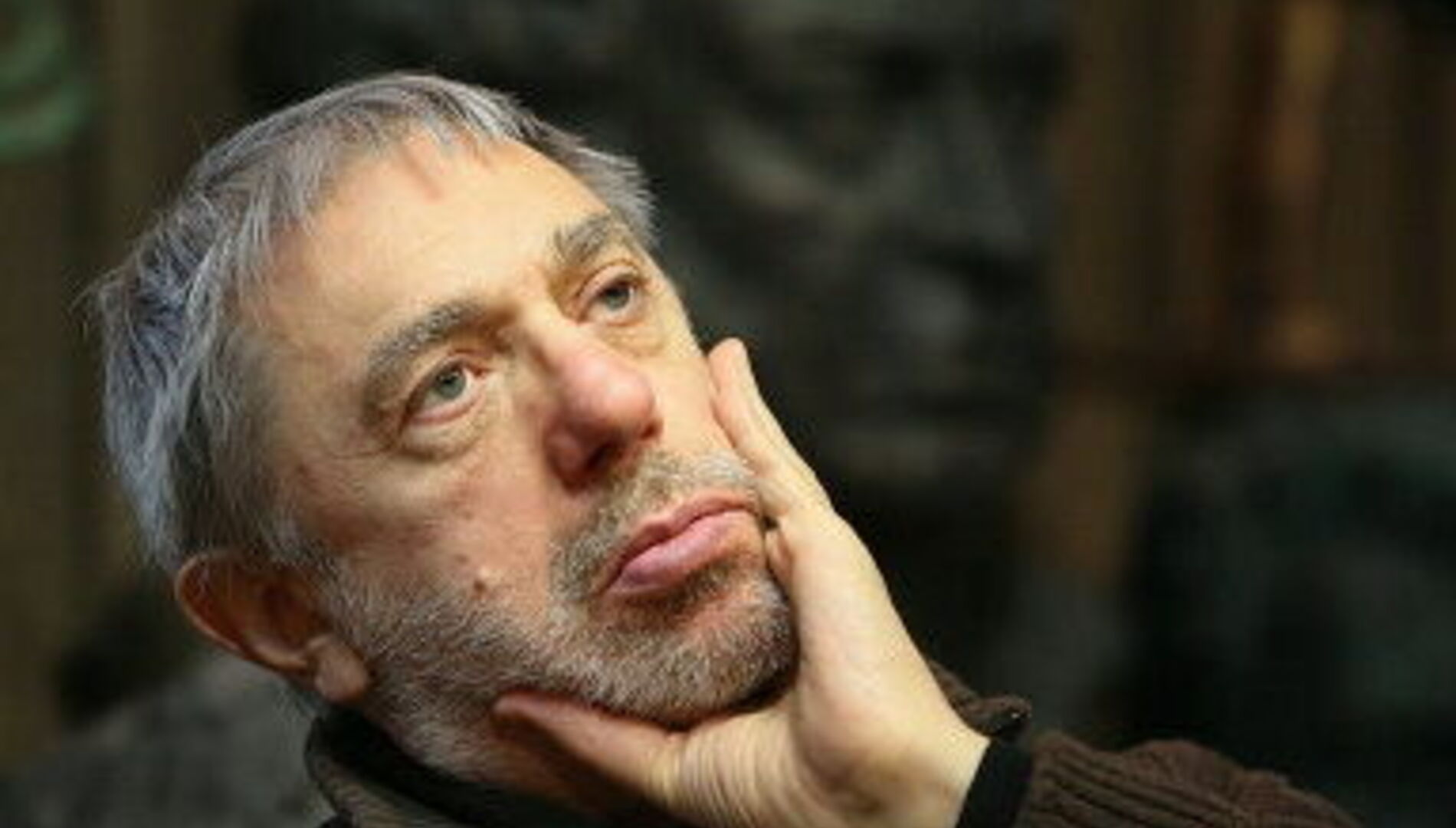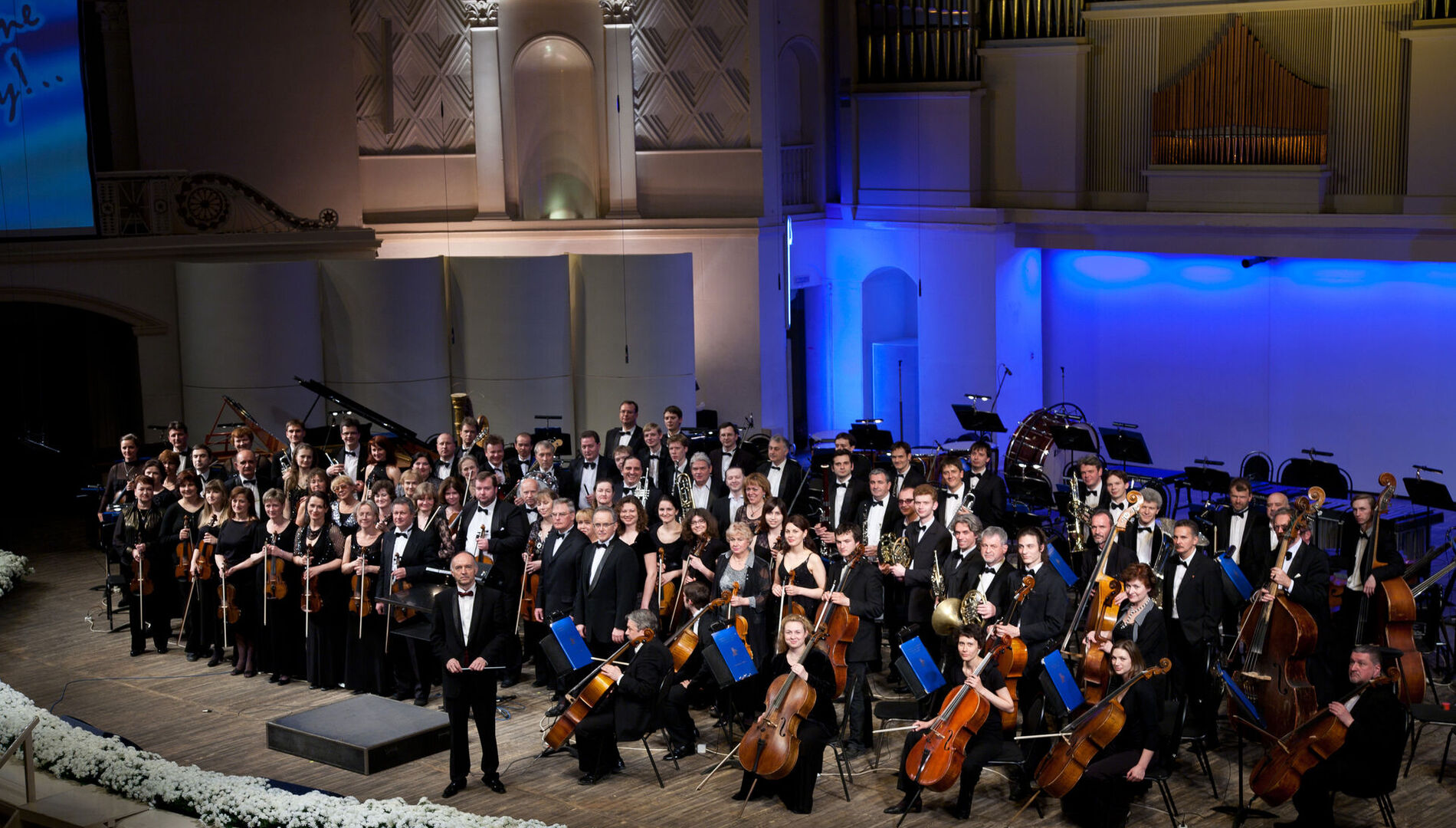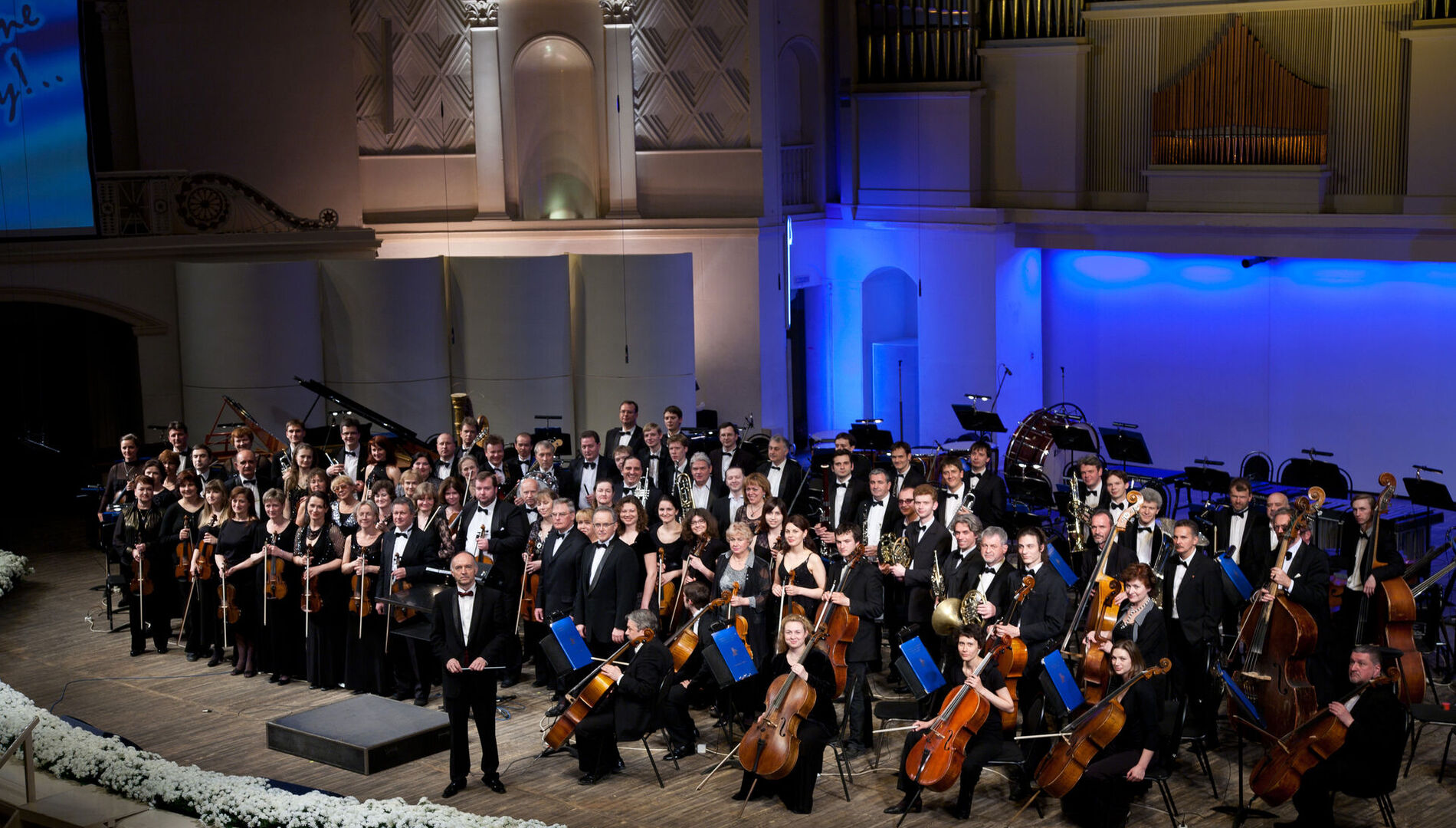Российский государственный симфонический оркестр кинематографии
Сергей Скрипка дирижер
Дарья Январина
Алексей Кизенков
Сергей Капков режиссер
Ансамбль солистов Государственной академической хоровой капеллы России имени А. А. Юрлова Ведёт концерт Евгений МарголитВ программе:
Музыка Э. Артемьева, Н. Богословского, А. Васильева, А. Зацепина, М. Зива, Д. Кабалевского, В. Комарова, Н. Крюкова, Б. Мокроусова, Б. Окуджавы, А. Петрова, братьев Дм. и Д. Покрасс, А. Рыбникова, Дж. Тер-Татевосяна, Н. Тимофеева, П. Тодоровского, Я. Френкеля, А. Хачатуряна, Р. Хозака, А. Шелыгина, А. Шнитке, Д. Шостаковича, Р. Щедрина, Ю. Щуровского из кинофильмов «Трактористы», «Девушка с характером», «Юность Максима», «Член правительства», «Молодая гвардия», «Повесть о настоящем человеке», «Два бойца», «Академик Иван Павлов», «Адмирал Ушаков», «Павка Корчагин», «Баллада о солдате», «Высота», «Девять дней одного года», «Новые приключения неуловимых», «Белорусский вокзал», «Операция «Ы» и другие приключения Шурика», «Офицеры», «Укрощение огня», «Весна на Заречной улице», «Служебный роман», «Вам и не снилось», «Мужики», «Курьер», «Интердевочка», «Бригада», «Легенда № 17», «Экипаж»




